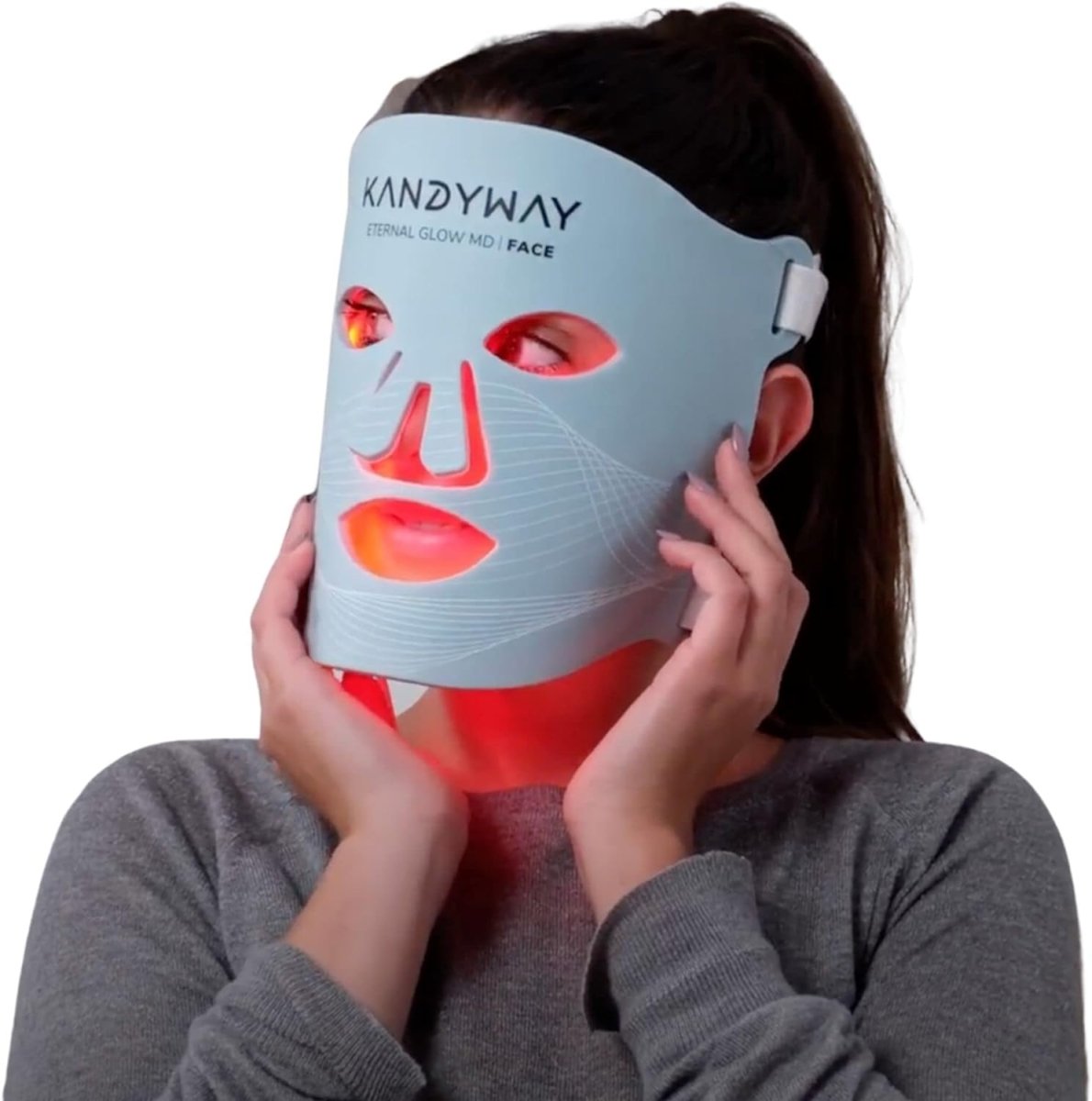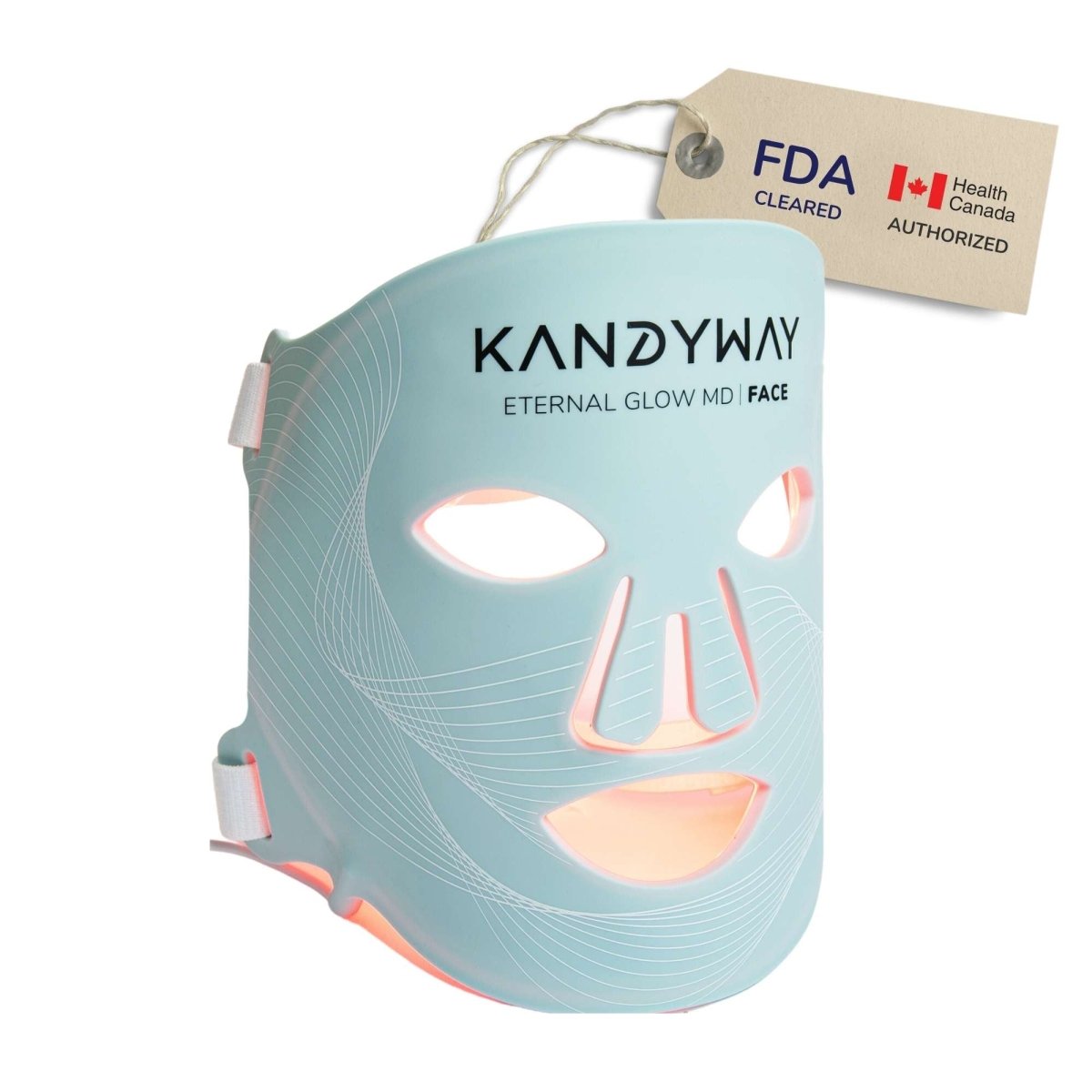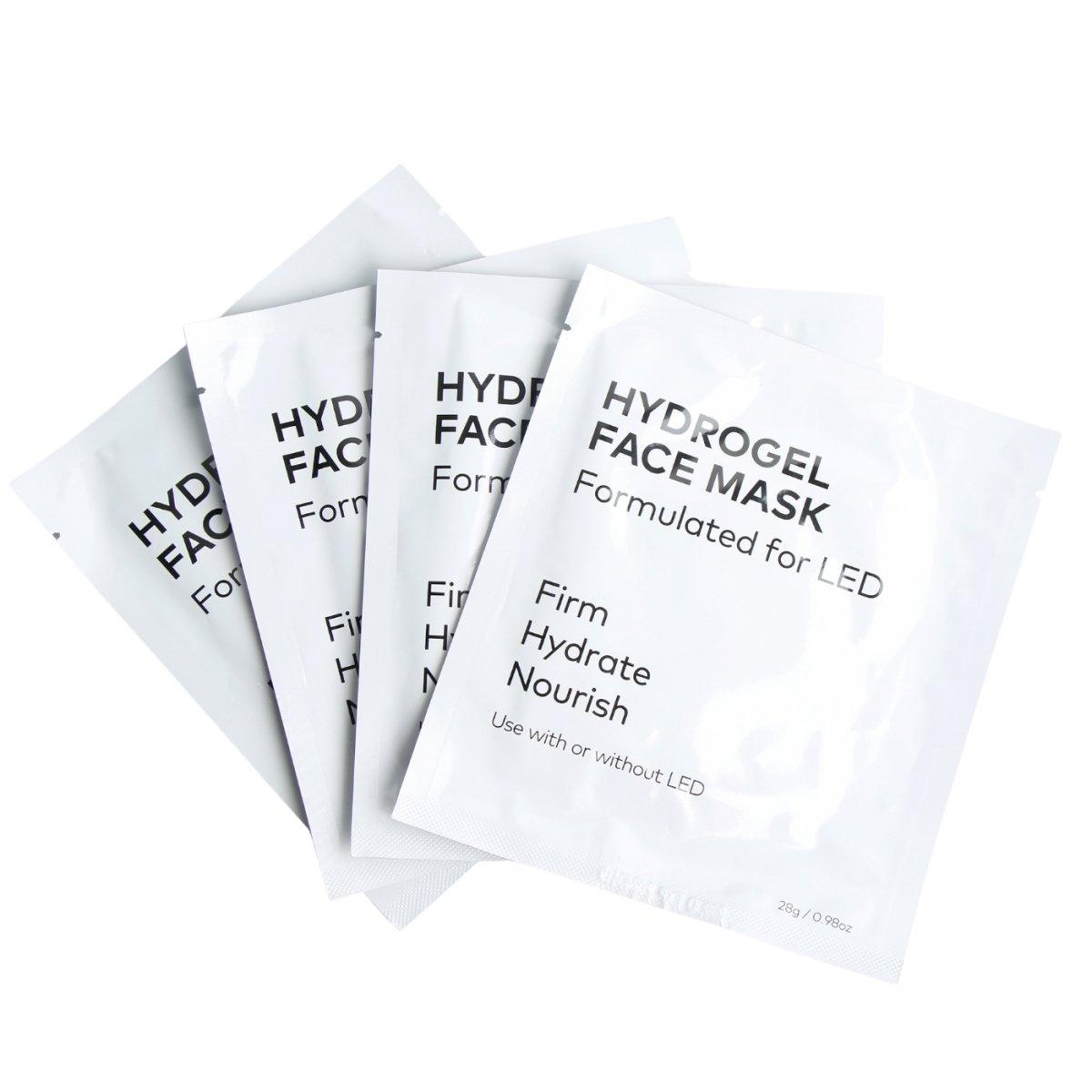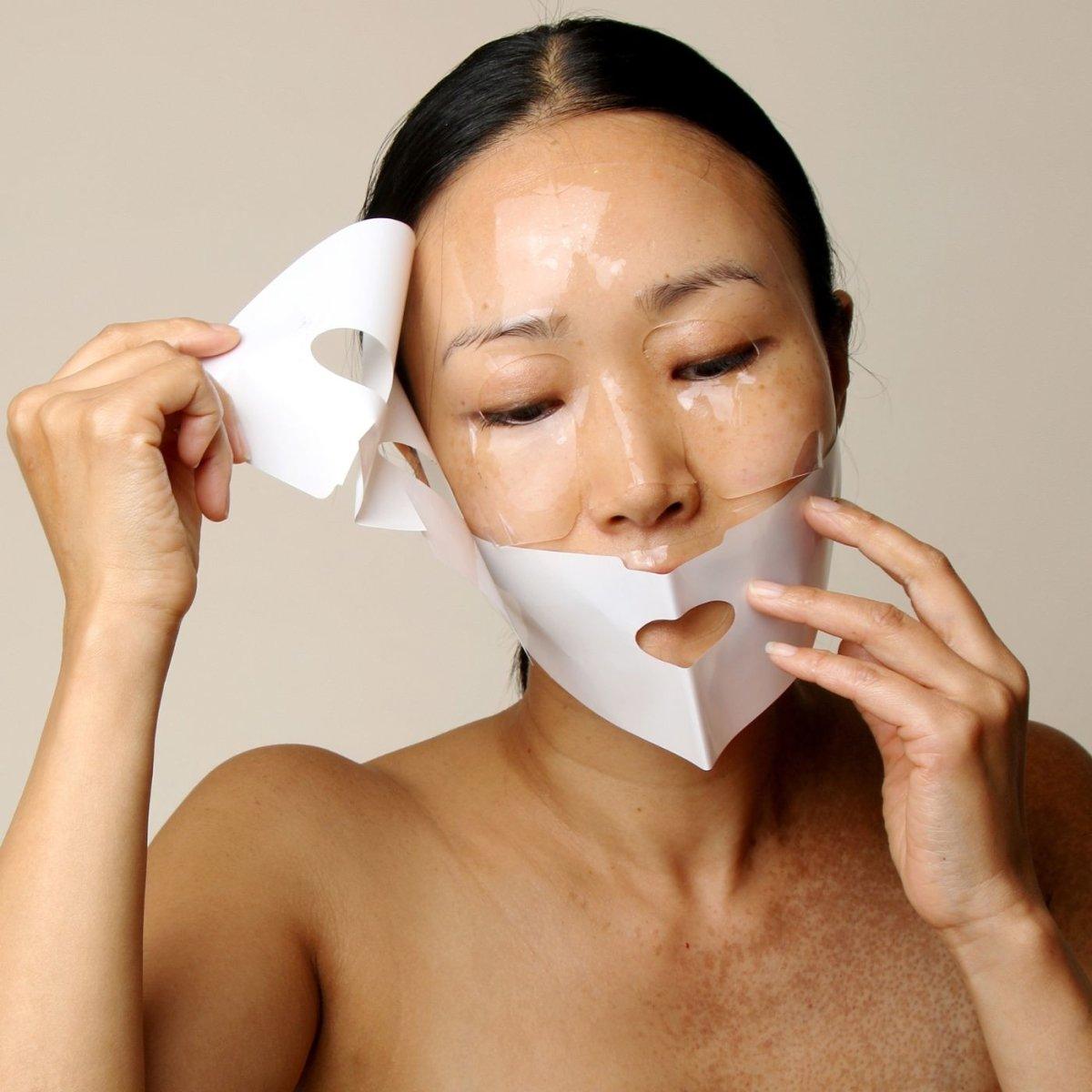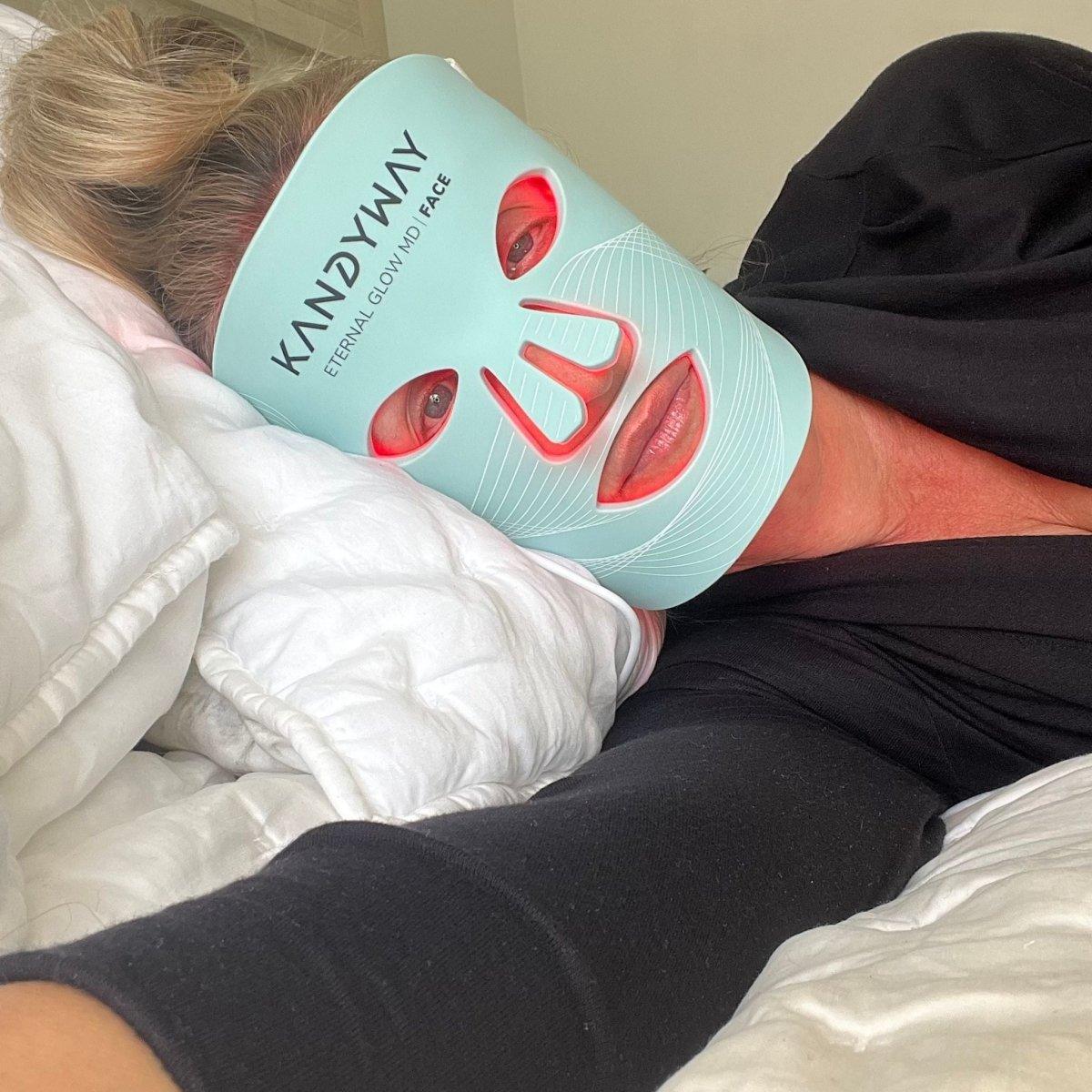Red light therapy is can be considered as an acne scar option. This is because red light can promote new skin cell growth and reduce inflammation, which is helpful for acne scars. Dermatologists have been using a red light treatment for many years now in their practices. However, much research hasn't been done on its effectiveness in treating acne scars. Despite this, several convincing reasons you should consider giving this method of treating acne scars a shot.
Red light therapy uses precise wavelengths of light to treat various skin diseases
Red light therapy, also commonly referred to as phototherapy, is a treatment that uses specific wavelengths of light to treat various skin conditions. It is possible to purchase online red light therapy equipment that emits wavelengths ranging from 630 nanometers (nm) to 850 nm. Red light therapy, for instance, is excellent for treating facial acne that is mild to moderate, and it is also beneficial for reducing fine lines and wrinkles. Another benefit of red light therapy is that it can treat facial acne.
Blue light therapy is a form of phototherapy that uses blue light to treat various skin conditions and improve the skin's overall appearance. For example, blue LED lights treat mild to moderate acne. In addition, they may effectively reduce the size of whiteheads and blackheads (comedones). Blue LEDs also treat other conditions, such as rosacea and age spots.
Red LED lights are often used with blue LEDs to treat more severe forms of acne. It is common practice to employ red LED lights following treatment since they go deeper into the skin than blue ones do; In contrast, blue LEDs have been shown to lessen inflammation. Still, they have not yet eliminated all visible indications of blemishes. However, the combination of red and blue light is said to be more effective than alone at clearing up acne breakouts altogether.
Red light therapy is said to make skin and muscles firmer and younger

A more toned and youthful appearance may be the end consequence of red light treatment, as its proponents claim that it can stimulate the cells in your skin as well as your muscles. In addition, you may notice a reduction in the redness and irritation on your face as a result of the therapy.
Activating epidermal cells in your skin is how light therapy works. These cells make collagen, one of the factors contributing to the suppleness and firmness of your skin. Use light therapy regularly. You can reduce the appearance of wrinkles and fine lines, giving your skin a more radiant and youthful appearance.
Light treatment is not only effective for preventing the signs of aging; it also targets the deeper layers of the skin and the muscle tissue beneath it. In addition, the treatment might help reduce pain by increasing the production of endorphins, which are the body's natural painkillers. Light therapy has been used successfully for a number of years to treat rheumatoid arthritis, psoriasis, and other autoimmune disorders, in addition to providing pain relief for a variety of other conditions, including headaches and backaches.
How can red light therapy minimize and prevent scars

Acne and scarring are two conditions that may respond well to red light therapy, which is a non-invasive treatment. It is entirely risk-free for use on any skin type. In addition, it helps your body regenerate collagen, reducing the visibility of scars that have already formed. The increased cell turnover rates brought on by red light therapy also help to avoid producing new spots, which speeds up the healing process.
Red light's effective treatment for acne scars is anti-inflammatory properties that stimulate cellular activity in the dermis (the layer beneath the outermost layers of skin).
People with acne scars may choose red light therapy as a non-invasive alternative to surgical treatment. Because of technological advancements, people who have suffered from acne scars can now enjoy an enhanced quality of life. Red light therapy is a non-invasive, highly effective treatment that can lessen the appearance of scars and make them less noticeable. In addition, this treatment does not require the patient to wait for their skin to recover over time.
As you may already know, inflammation plays an essential role in how we respond to injury or infection. This makes sense because redness indicates that your body recognizes something isn't right with the area under inspection—such as an open wound or bacteria entering through a break in your skin—and sends white blood cells there to protect against further damage caused by foreign bodies entering into those areas.
However, when these cells start fighting too hard against what they think are intruders but aren't harmful enough yet--like blemishes--they can cause more damage than good!
Red light therapy can be used on both healthy skin and damaged skin
 It's a form of phototherapy that uses specific types of visible light (usually red or infrared) to change how your body functions.
It's a form of phototherapy that uses specific types of visible light (usually red or infrared) to change how your body functions.
Red light helps treat stretch marks by increasing collagen production in the skin, which can diminish their appearance over time. This treatment also improves wrinkles by stimulating collagen production and strengthening elastin fibers in your skin—the process involved in reducing sagginess after pregnancy or weight gain or loss.
Rosacea can also be effectively treated with red light therapy, which does not irritate the skin or cause it to become red (other treatments do). This treatment may also help reduce age spots caused by sun damage or liver spots that form a natural part of the aging process, so consider it if you're disturbed by any of these conditions.
Conclusion
Red light therapy is an excellent way to improve the appearance of your skin. It increases collagen production and stimulates cell turnover, which can help fade acne scars. You can use red light therapy at home or get it done professionally at a spa or dermatologist's office. The treatment is inexpensive and doesn't require downtime, making it an attractive option for people who want to try something new without committing too much time or money upfront (though results may take months).





